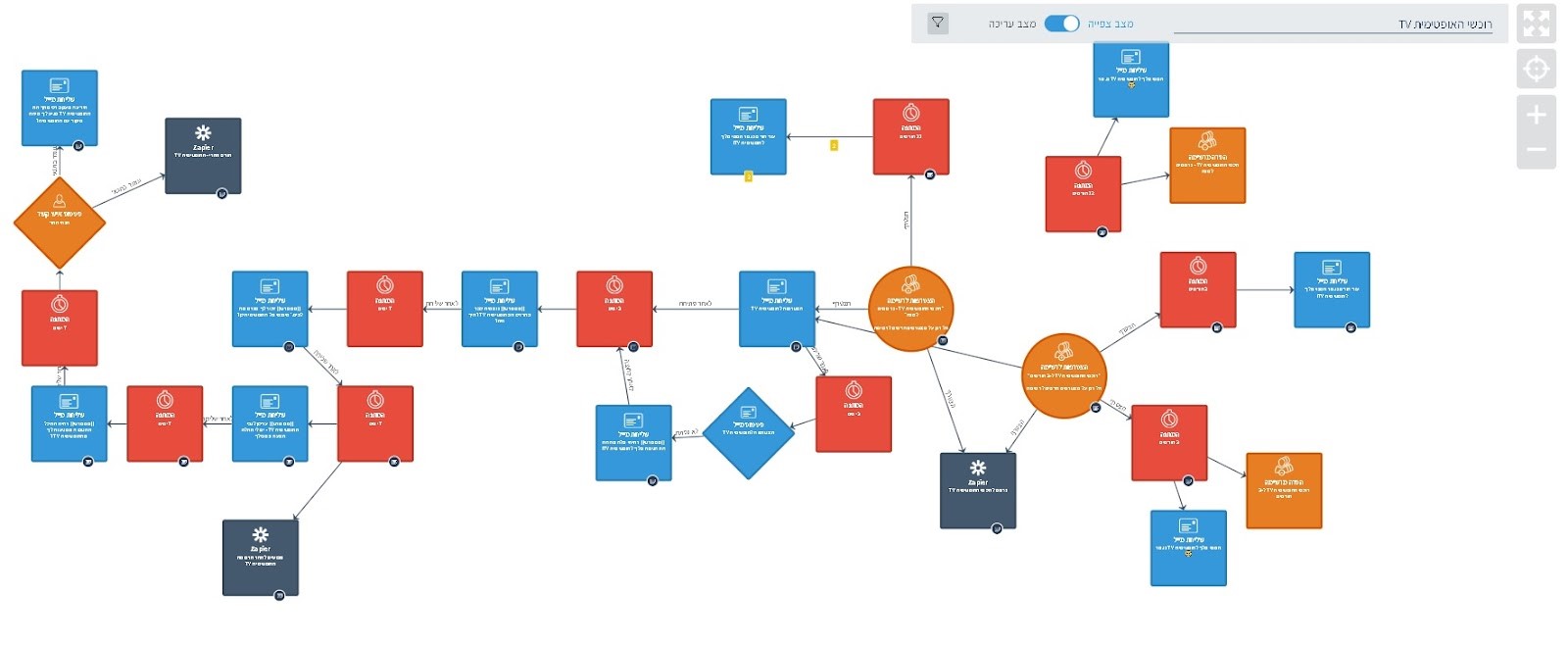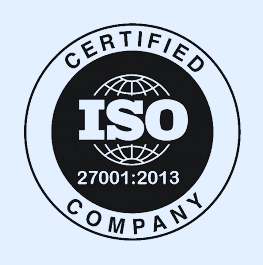Like many others, Ora Ariel worked in the tech industry and felt trapped, but she had a plan. She became “The Optimistic,” providing courses and investment advice, primarily for beginners. We sat down with her to talk about how it all started and why she got special permission from smoove to develop several automations as she pleased.
When we first met Ora Ariel, she was frustrated with our tech support, “They blocked me from adding more automations. They said I exceeded the automation limit in my subscription. And I asked myself, ‘What does it mean to exceed the automation limit?'” She tells us with a half-smile. Yes, it turns out Ora loves automations even more than we do, as she was the only customer who managed to do so many automations until she reached the limit. “They thought I was trying to run bots or something, but no. Everything was active automations. Once tech support understood this, they specially opened up the permission for me.”
Tell us how it all started?
The short story is I worked in tech and didn’t like what I was doing, but leaving the tech industry is not easy without a plan. I looked for something that would allow me to leave, and then I discovered the world of investments. I realized that money could work for me, providing me with additional income until I decided what I wanted to do. I started reading, taking courses, and it struck me that as an intelligent person, I had no idea about my money and many other things. I started The Optimist’s website as a blog, thinking this knowledge should be passed on. From there, it grew, and people started asking me to speak at events or consult privately.
Part of the reason I named my business The Optimistic is to convey lightness and accessibility because I don’t look like a typical investment advisor, and I don’t want to be one. I want to show that young women can also invest and talk about it confidently. And I do this by personal example. I put a lot of emphasis on courses for women only because I noticed that in courses defined as general, almost only men register, but in the investment course for women, there is a lot of interest.
“I felt like I was investing too much effort behind the scenes until I almost gave up.”
When did you fall in love with automations?
Oh, I’m addicted to automations, really. Especially as a business of one woman. Initially, I just wrote on the blog and sent out newsletters every week with blog posts,” she explains, “but when the business started to grow, and I added webinars, it was so exhausting – sending reminders every time. Sometimes I made mistakes, like sending reminders on the wrong date. It prevented me from doing webinars eventually. I felt like I was investing too much effort behind the scenes until I almost gave up on webinars. From there, I realized I needed to refine it. That’s also one of the reasons I specifically switched to smoove because it has advanced automation features that other systems don’t have, and it can also be integrated with other systems.”
What types of automation do you have?
– Website purchases management: My website’s course system is connected to smoove through the store, so when courses are purchased, customers automatically receive the email list and all the details.
– Free course guidance: I have a free course that anyone can sign up for, and then they receive a series of emails and WhatsApp messages.
– Webinar management: I have a system that I built with a professional to handle webinars. Today, it’s not a problem for me anymore; I just need to fill out a form for a few minutes, and that’s it. I only need to worry about the presentation of the lecture.
– Leads management: If someone registers for a course or shows interest in something, it goes directly to the sales team, and they contact them.
“I don’t think I could manage my business without automations. Anything that was once a daunting task for me is no longer a task. I can focus on business development or my personal life, family, kids. During the pandemic, we traveled in Central America for eight months, and the business continued to operate.”
And you also have some less routine uses for automations
There are people who buy the course and don’t do it. It’s important to me that they complete the course. So I send reminders, feedback, and progress surveys. For me, it’s important to know that I did my best for them to do the course. It’s not just about taking their money; I want people to consume the content because I believe it’s a life-changing course; the impact of this course can be significant.
In conclusion
“I love investments. Today, I earn my salary in tech from investments and the business, and I work much less. I believe the knowledge I provide is important and can make a difference to people – for example, if they get fired, investments can save them. You don’t have to be rich to invest; on the contrary, especially when you suddenly receive a lump sum, it’s important to know that there are other things you can do with it besides wasting it.”
Ora Ariel is optimistic, and so are we, after getting to know her story in depth. It has everything that makes a good story – a small dream that becomes a promising and successful business, and one woman who comes to share her knowledge with the world. How great it is to see an independent business owner utilizing technological tools to automate her mission and saving valuable and significant time along the way.


